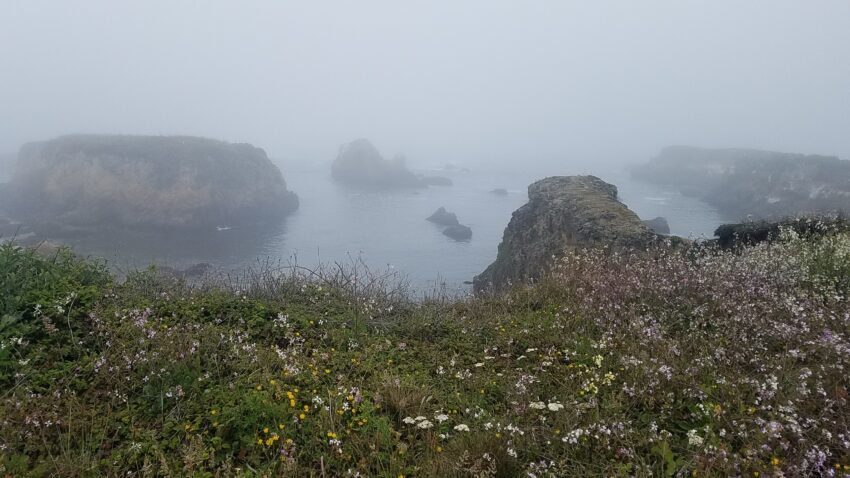I think Trump’s new administration will represent a big change in US policy towards Iran, and that Trump means business. Look, for example, at the primacy he gave to appointments to the UN, Israel, State, and Defense. Hardliners all, and staunch defenders of Israel.
And I think the mullahs know it, as does Netanyahu. And of course, it helps that he and Trump already have a working relationship.
Here’s an article purporting to have the inside scoop on some of the plans. For example:
According to these sources, Iran’s planned operation – dubbed “Operation True Promise 3” – has been put on hold pending potential negotiations with Trump, following diplomatic messages conveyed through Iraqi channels. The operation follows two previous initiatives, “True Promise” and “True Promise 2.”
Representative Mike Waltz, Trump’s selection for national security advisor, has consistently advocated for a more assertive approach toward Iran. Prior to Israel’s military action against Iran last month, Waltz proposed targeting Kharg Island, Tehran’s crucial oil export facility. In a September interview with Jewish Insider, Waltz stated, “The United States needs to pressure Hamas and its allies in Iran. Unilateral pressure on Israel will not lead to a ceasefire.”
Pete Hegseth, the prospective defense secretary, has previously advocated for giving Israel autonomy in addressing Iranian nuclear capabilities. “This is an existential threat to them, let them do what they need to do,” Hegseth remarked in statements to US media outlets.
It’s interesting that both Netanyahu and Trump were out of power for a while and now are back in charge of their respective countries in a time of great crisis. Regarding Iran, the picture is even more clear than before what a danger it is – not just to Israel but to the Western world.
Speaking of dangers and the Western world, anti-Jewish riots have spread from Amsterdam to Paris:
Demonstrators on Wednesday night went on a rampage in Paris over a pro-Israel event in the city. “Protests erupted in Paris on Wednesday against a gala … in support of Israel,” The Times of Israel reported. “The demonstrations came on the eve of a high-stakes soccer match at France’s national stadium against the Israeli national team.”
I think one of many goals is to further isolate Israel from the rest of the world and make it too costly for other countries to even host sports events with them. I remember the shock of the Munich Olympics massacre over fifty years ago, when the intrusion of murderous politics into sporting events was new. What did Arafat learn from that? He learned that such barbarism was a way to gain world sympathy and fame.

